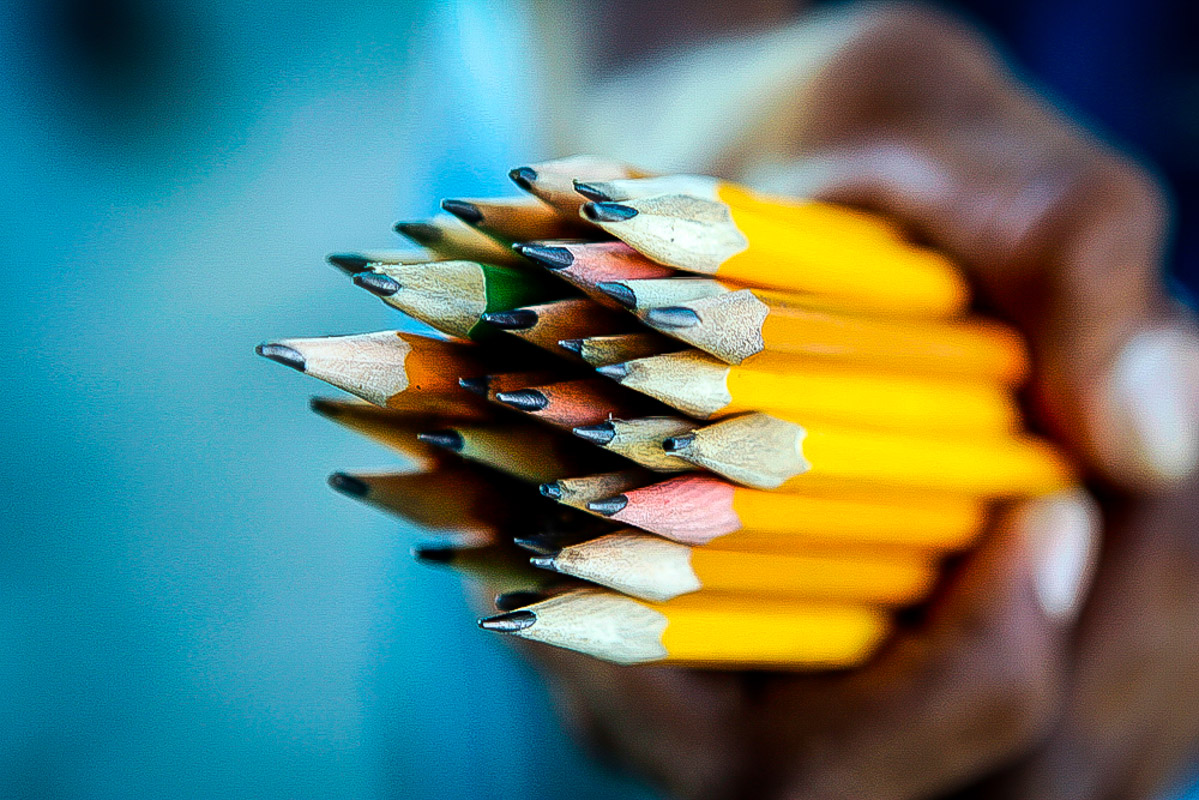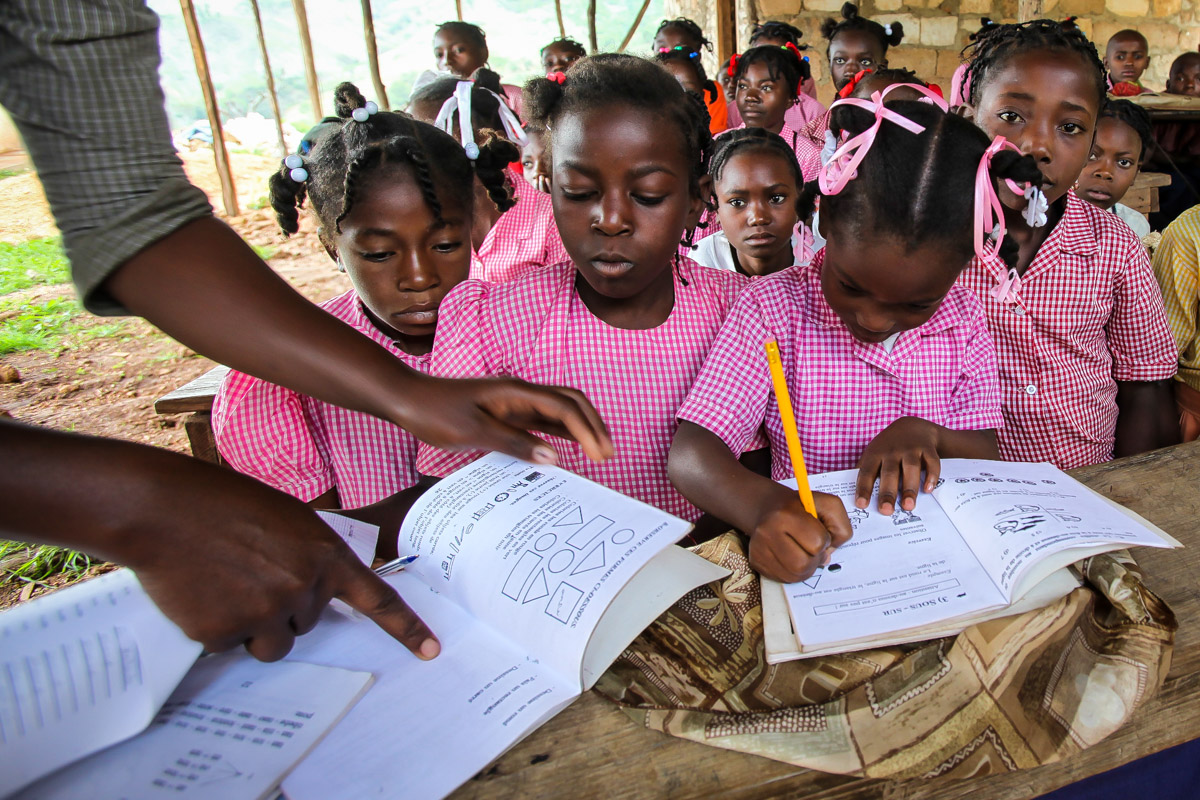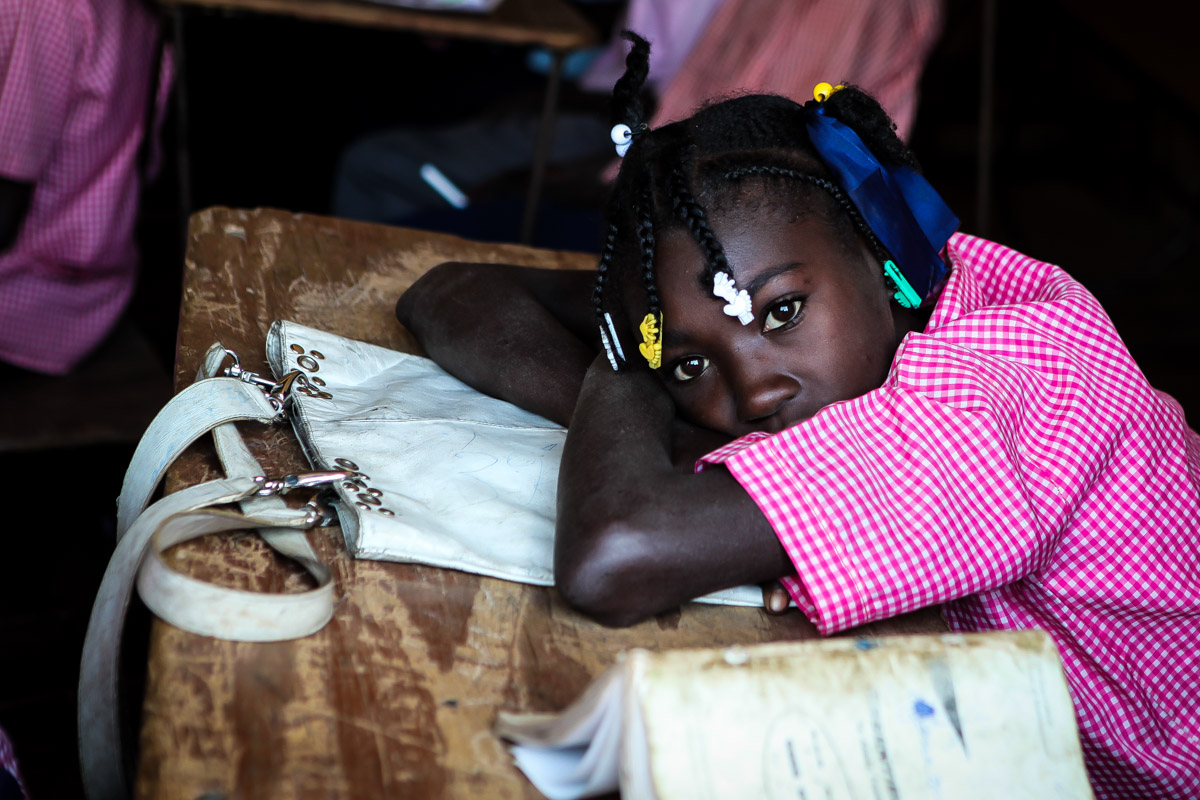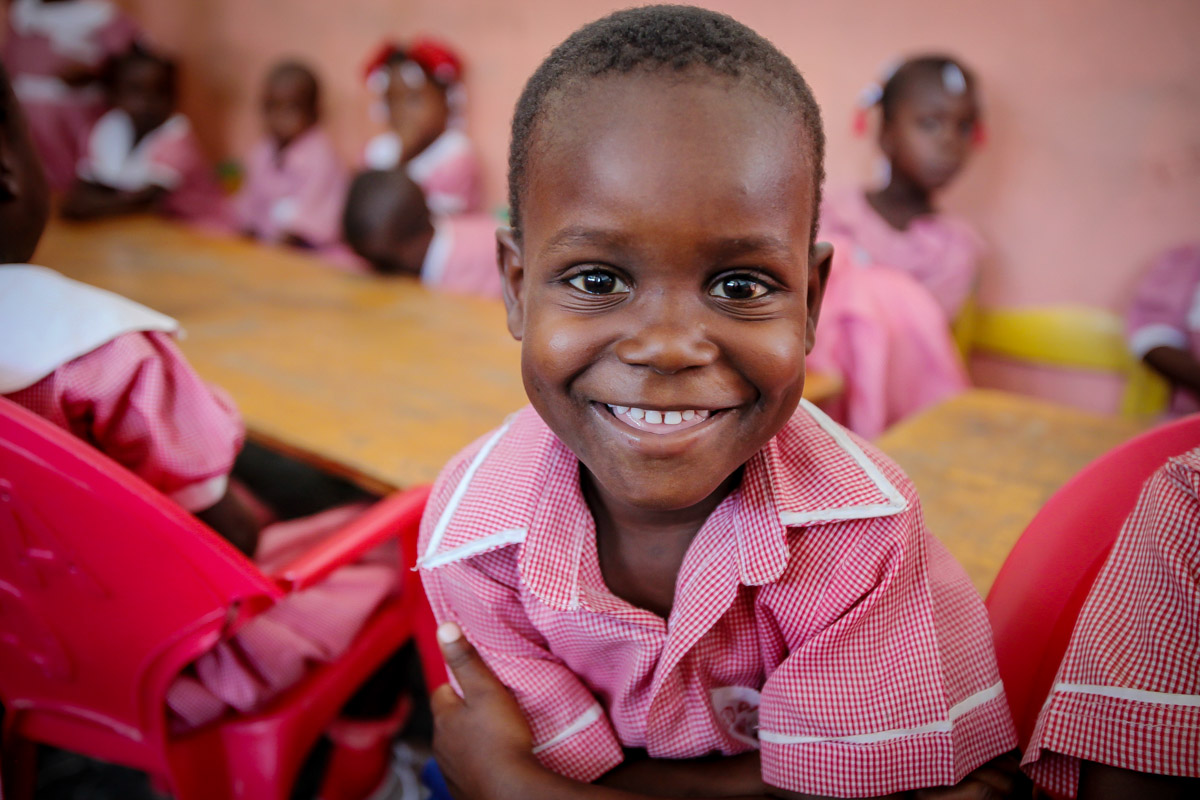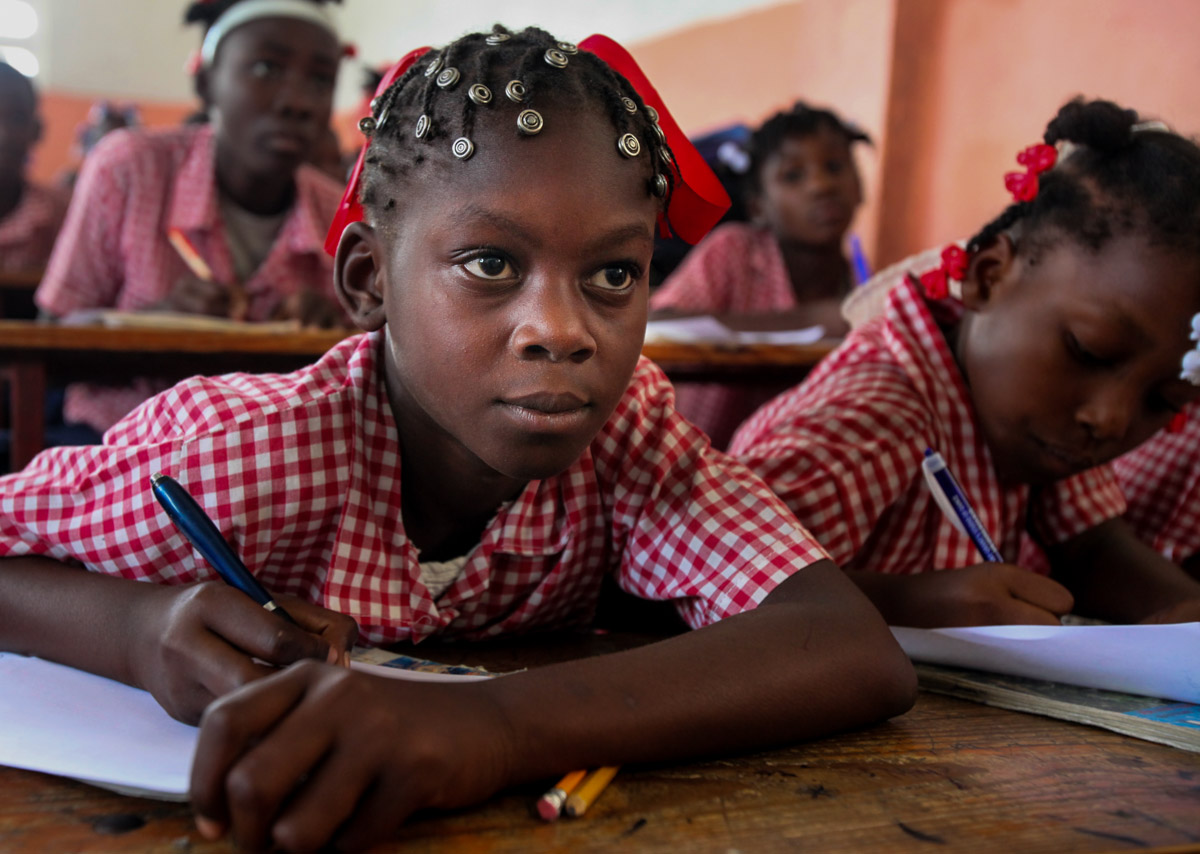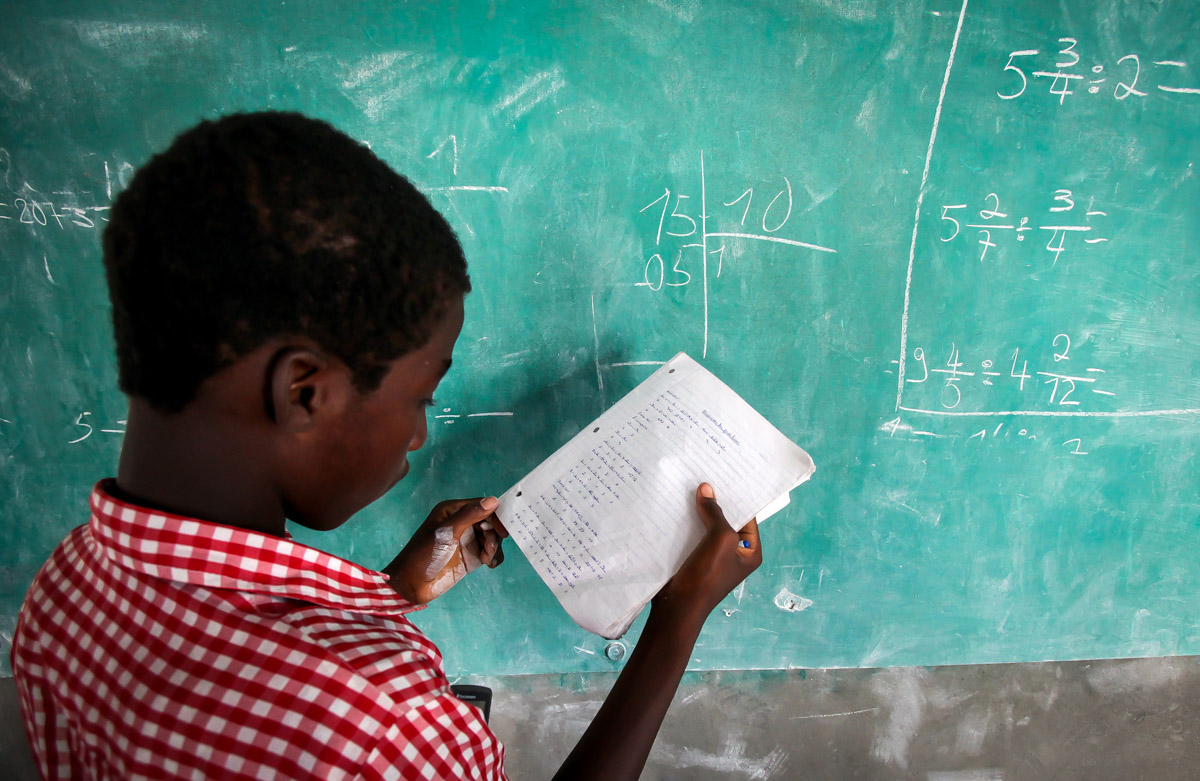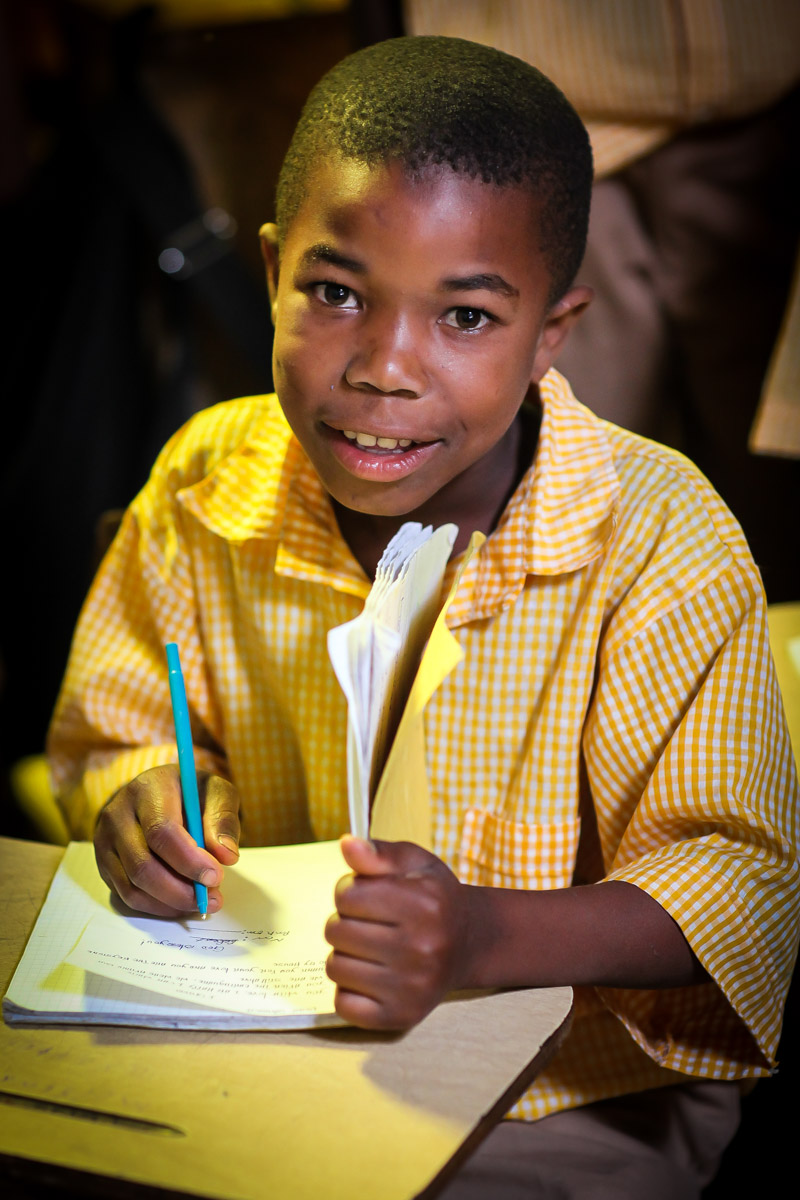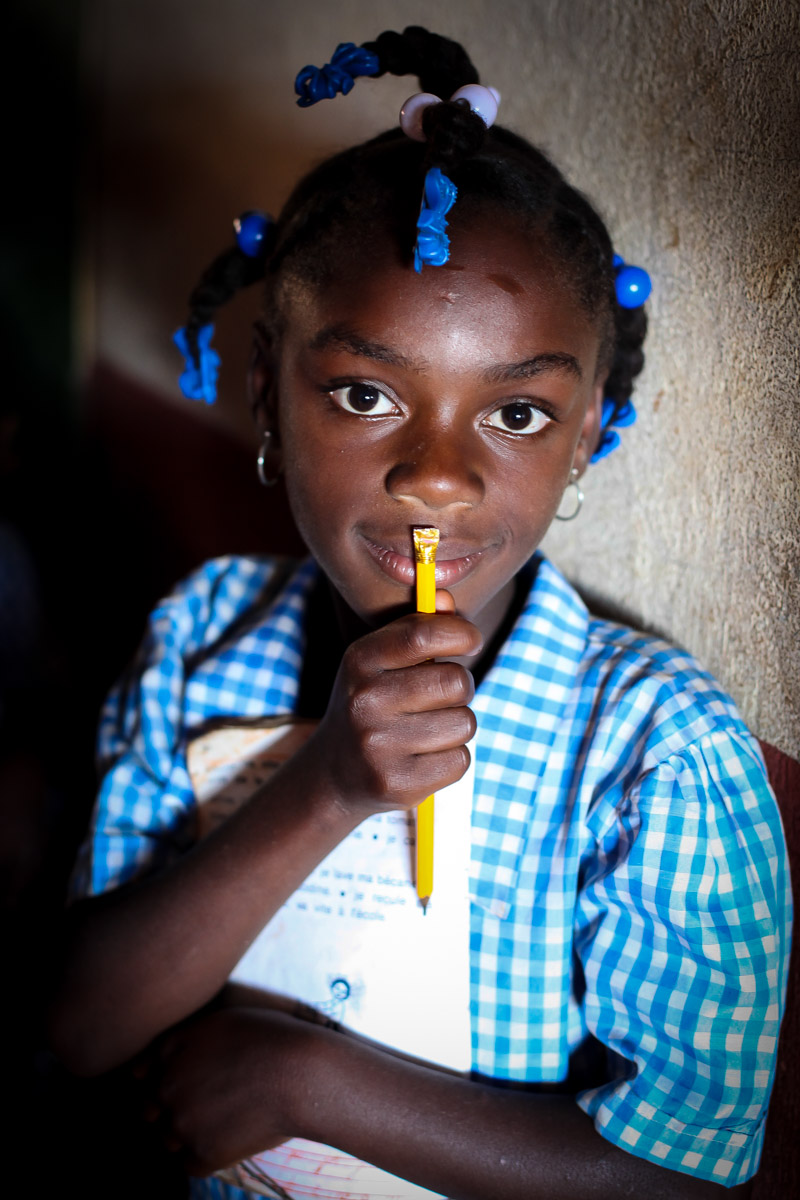Today the school year 2014-2015 opens in Haiti. Millions of school children return to their educational centers, and yet, almost one in four of all children are not enrolled.
Haiti’s President, Michel Martelly, has made free public education one of his top priorities, and possibly won the election 2011 on that promise. Three years later, he has problem to fulfill that promise. However, 88 percent of the school kids now have access to public school up from disaster numbers below 50 percent in the 1990’s.
But with small steps the education system is gradually improving. Teacher books will be given out during September and October. 800,000 children will receive school kits for free this school year, and the poorest of the poor has been helped in other ways to cope with costs involved for the school start.
For many families with several children the costs for school is to much to handle, especially if their children not receive adequate education and a fair chance.
Many schools are in bad shape, and the teachers are not qualified to be just that. School boards just bring on adults in the village to be teachers. It may work to bring the children to school, but it won’t be good in the good run.
Many kids in Haiti are overage for their school grade, when they not qualify for the next grade after missing out on the exams due to bad teaching. Amazingly over 400 schools in Haiti had 0 admitted for the 6th year, and another 800 schools are below 20 percent admitted in 6th years.
Chronic instability, dictatorships and natural disasters have left it as the poorest nation in the Americas. For most families it has been a matter of survival rather than educate their children for the future. It is time to change that.
Just to send millions of children to school is not enough. The children of Haiti deserves a good safe school environment, with well prepared teachers and well equipped class rooms.
The “Program for Universal Free and Obligatory Education” (PSUGO) which Martelly implemented after he was elected president is maybe a good start, but it has to do more both in short and most definitely long term. For this more money and a paradigm shift is needed.
What will the government to do improve education in Haiti?
What will the international community do?
What will thousands of NGO’s do?
More info will be available soon here on the blog and in my book on the subject. Work in progress!

